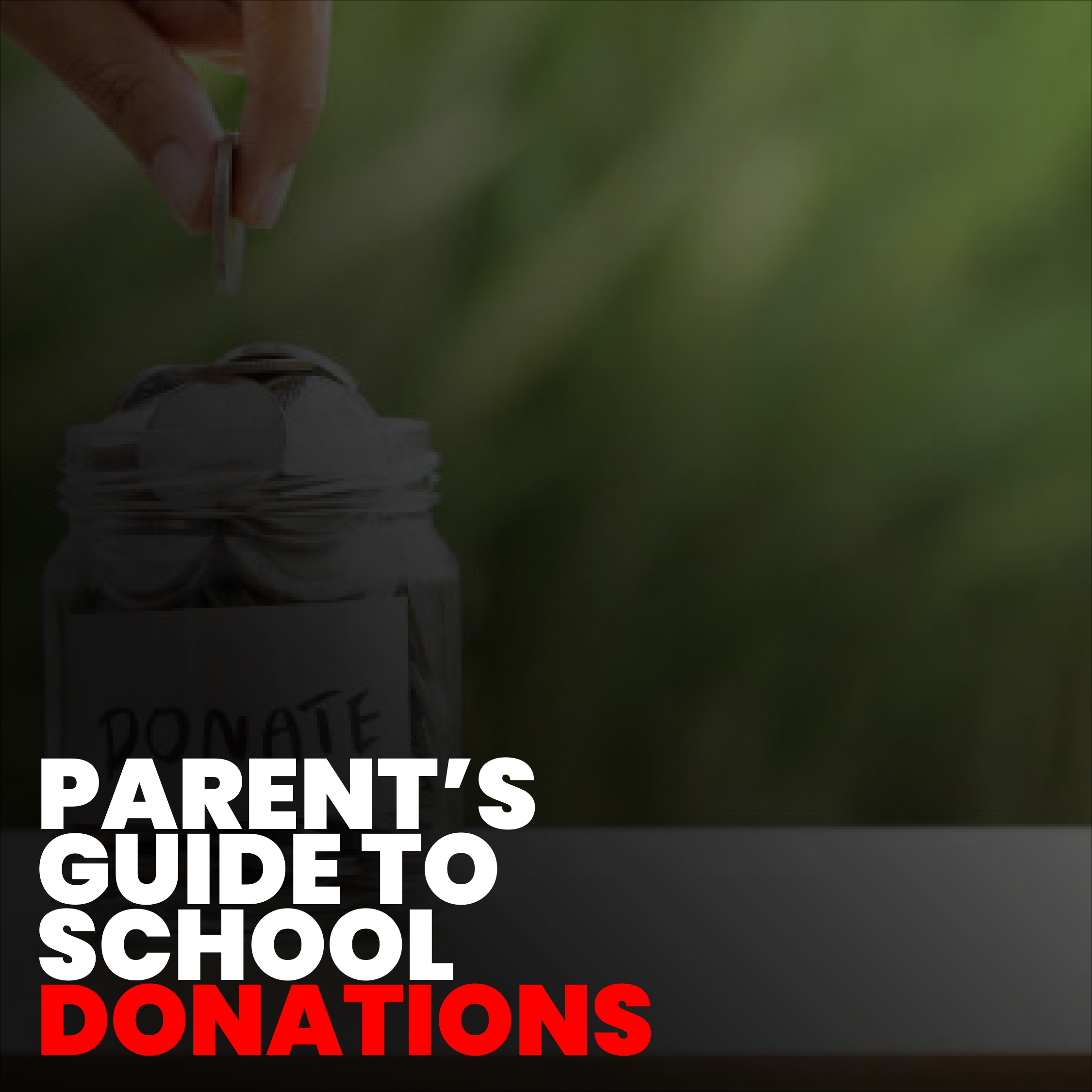School Donations: 8 Vital Things Every Parent Should Know
School donations are a common part of the educational landscape, but the practice can raise questions about fairness, legality, and the impact on students. While donations are meant to support schools, they sometimes create additional burdens for families and lead to unequal access to resources and opportunities.
In this article, we will cover eight essential things every parent should know about school donations. From understanding the legalities to advocating for fairness, these insights will help parents navigate the complexities of school donation requests.
School Donations: What Are They and Why Are They Important?
School donations are financial contributions made by parents or guardians to help fund additional school activities, such as extracurricular programs, sports, and classroom supplies. These donations are typically voluntary but may be encouraged or even strongly suggested by schools to cover expenses that are not funded by the government.
While these donations are intended to enhance the educational experience, they can also create a sense of obligation for parents, leading some to feel pressured into contributing. Understanding the purpose of these donations and why they are requested is essential for navigating this issue.
School Donations: The Legal Aspects Parents Should Know
The issue of school donations is complicated by legal questions. In many countries, public education is free, meaning that schools cannot charge tuition fees for students. However, donations are not always subject to the same regulations.
In many cases, donations are voluntary, but some schools may imply that participation in certain activities or access to services depends on donations. This creates confusion around whether donations are truly voluntary or if parents are being coerced into contributing. Parents should be aware of their rights and ensure that they are not being unfairly pressured.
School Donations: The Financial Strain on Families
While school donations can provide essential resources, they can also place significant financial pressure on families, especially those who are already struggling. When donations are seen as a necessity or are heavily encouraged, parents may feel obligated to contribute even if they cannot afford it.
This financial strain can affect families in various ways, creating feelings of exclusion for students whose parents cannot contribute. The pressure to donate can undermine the principle of free public education and create inequalities in access to school activities and resources.
School Donations: How They Affect Access to Educational Resources
One of the most significant concerns regarding school donations is their impact on educational equity. When donations are tied to access to certain activities or resources, students whose families cannot afford to contribute are often left out. This can result in unequal educational experiences, where some students benefit from additional opportunities, while others are left behind.
Access to education should not be determined by a family’s financial situation. However, when donations play a central role in determining which students get access to extracurricular activities, special programs, or even classroom materials, it can perpetuate inequality within the educational system.
School Donations: How Parents Can Protect Their Rights
Parents have the right to ensure that their children are not unfairly excluded from educational opportunities due to the inability to make a donation. If donations are being used in ways that affect students’ participation or access to important educational resources, parents should advocate for transparency and fairness.
Parents should be proactive in understanding the policies surrounding donations at their child’s school. This might include reviewing school guidelines, attending parent-teacher meetings, or even contacting local education authorities if they feel the donation system is being misused or if their child is being unjustly affected.
School Donations: The Ethical Considerations
While donations are often well-intentioned, they can raise ethical concerns about fairness and equality. When schools depend on donations to fund essential services or activities, they may unintentionally create a system where only those who can afford to contribute benefit from additional resources.
The ethical dilemma arises when students from lower-income families are denied opportunities due to their parents’ inability to donate. Schools should be mindful of the potential for this kind of exclusion and work to ensure that all students, regardless of financial status, have equal access to education and activities.
School Donations: Alternative Ways to Raise Funds
To alleviate the burden on parents, schools can explore alternative fundraising methods that do not rely on donations from individual families. Community events, corporate sponsorships, and government or private grants are all potential avenues that schools can pursue to secure additional funding.
By diversifying their fundraising efforts, schools can reduce the pressure on parents and ensure that no student is excluded from important educational experiences due to financial constraints. These alternatives also help create a more sustainable and equitable funding model for schools.
FAQs
What are school donations?
School donations are voluntary contributions from parents to support the school’s additional activities, resources, and programs that are not covered by government funding.
Are school donations mandatory?
No, school donations should be voluntary. However, some schools may encourage parents to contribute, and this can create pressure on families.
How do school donations impact educational access?
When donations are tied to access to certain educational resources, students whose families cannot afford to donate may be excluded from opportunities, leading to inequality in education.
Conclusion
School donations are an important aspect of funding education but can also create significant challenges related to fairness and equality. While donations can enhance the educational experience, they should not be used to exclude students based on their family’s financial situation.
By advocating for fair practices, exploring alternative fundraising options, and ensuring that donations remain truly voluntary, schools and parents can work together to create a more equitable educational environment for all students.




